
Just because something is labeled “healthy” doesn’t mean it’s doing your gut any favors. Some foods that look good for you on the surface can actually cause bloating, gas, or throw off your digestion completely. The tricky part is that many of them are popular in diets or considered clean eating, but they may be secretly irritating your gut more than helping it.
Protein Bars

They look like smart snacks for fitness or meal replacements, but many protein bars are packed with processed ingredients, sugar alcohols, and artificial sweeteners that can mess with your digestion. These sweeteners can cause bloating, cramps, or gas—especially if you eat them on an empty stomach. Just because it says “high-protein” doesn’t mean your gut is happy about it, especially when the ingredient list reads more like a science project.
Flavored Greek Yogurt
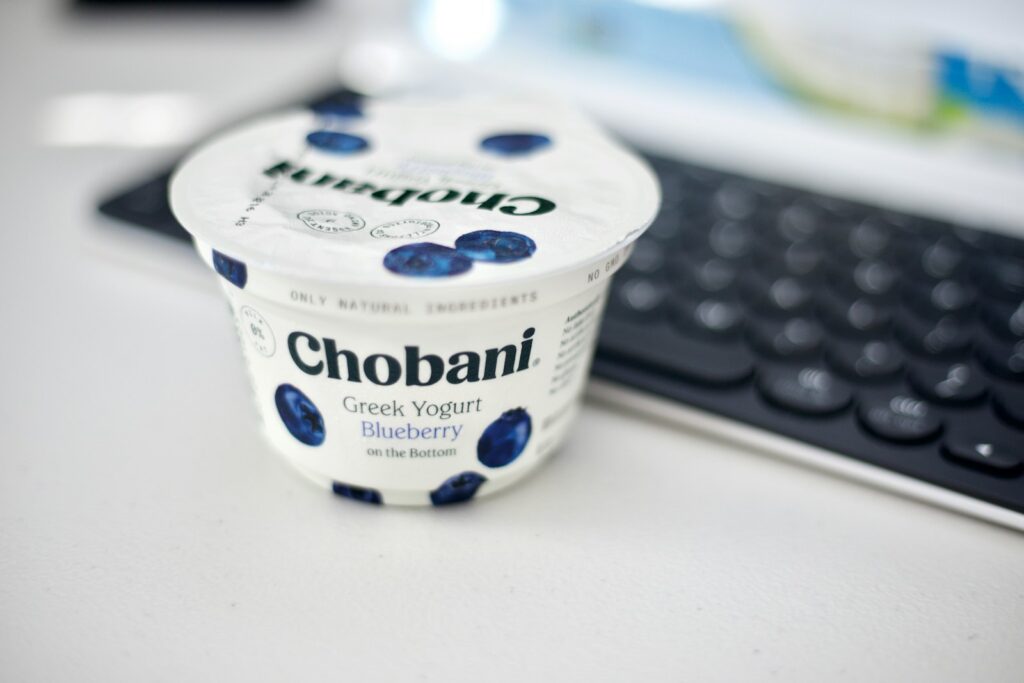
Greek yogurt has a reputation for being gut-friendly because of its probiotics, but flavored versions often contain added sugars and thickeners that feed bad gut bacteria instead. While the probiotics may help, all that sugar can undo the benefits. If you’re trying to support digestion, going with plain, unsweetened yogurt is usually a much better choice than the dessert-like cups that look healthy but act otherwise.
Whole Wheat Bread
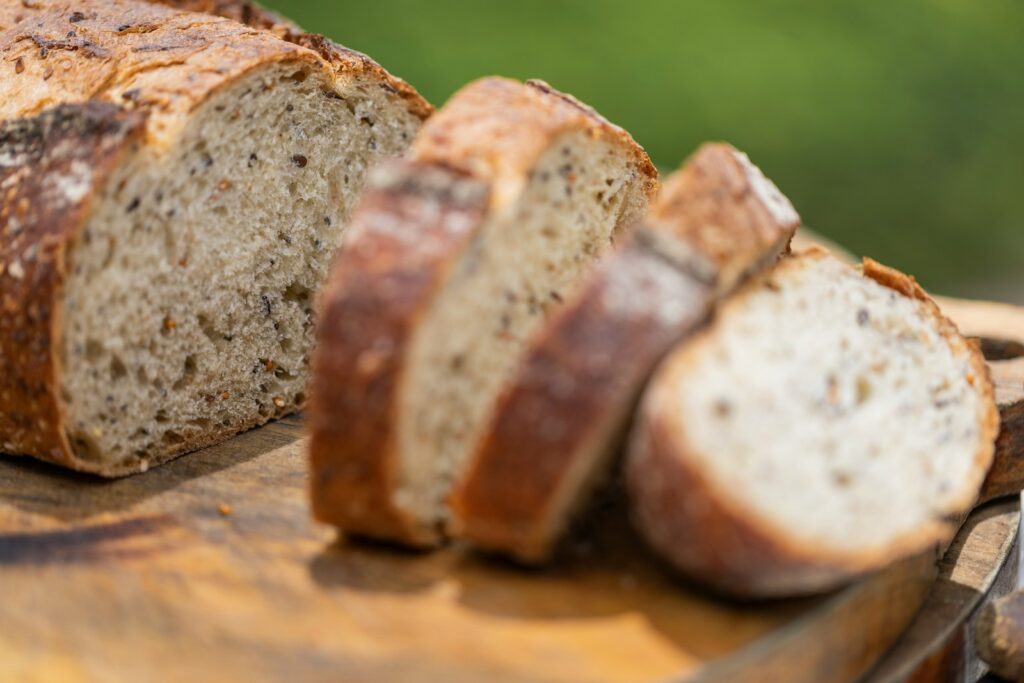
Whole wheat sounds like the better bread choice, and sometimes it is—but not for everyone. People with sensitive stomachs or gluten intolerance may find it hard to digest, even if it’s marketed as “heart healthy.” It can cause bloating or discomfort due to its high fiber and gluten content. Some brands also add extra preservatives or sweeteners, which can disrupt your gut even more.
Sparkling Water with Flavoring

Plain sparkling water is fine for most, but the flavored ones often include artificial ingredients or acids that can irritate your stomach lining. Drinking too much can also trap excess gas in your system, leaving you bloated and uncomfortable. It might seem like a smart soda alternative, but your gut may not appreciate the bubbles or the fake flavor boosters hiding in the can.
Raw Veggies in Excess
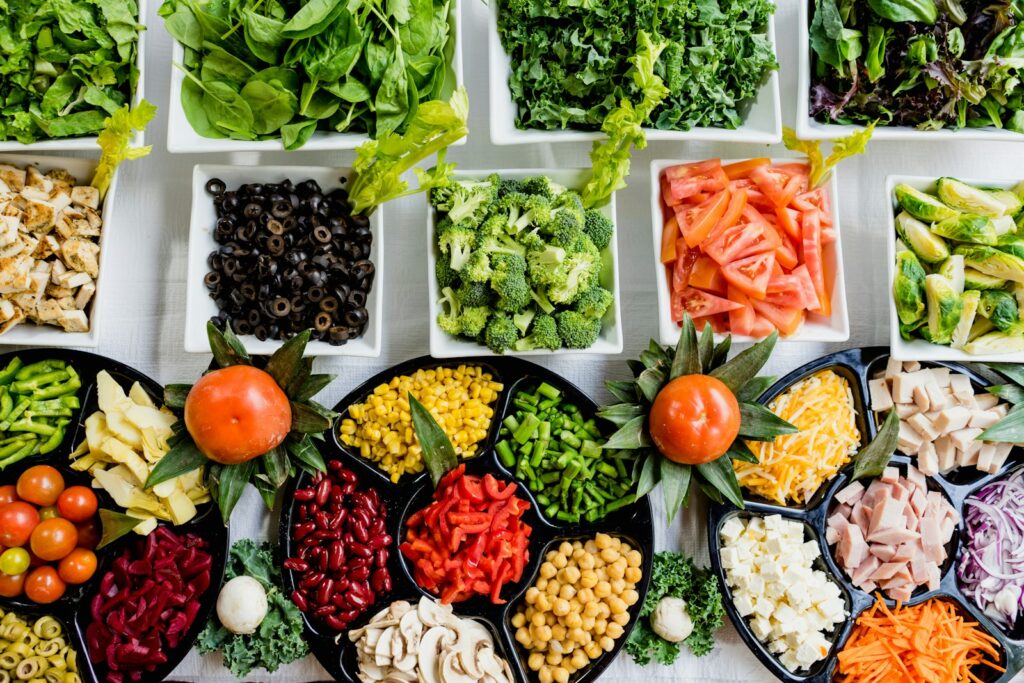
Raw vegetables are great in moderation, but eating too many—especially cruciferous ones like broccoli, cauliflower, or cabbage—can cause serious bloating. These veggies are harder to break down raw, and the fiber can ferment in your gut, leading to gas and discomfort. While salads feel healthy, your gut may handle the same veggies better when they’re cooked or eaten in smaller amounts.
Diet Sodas
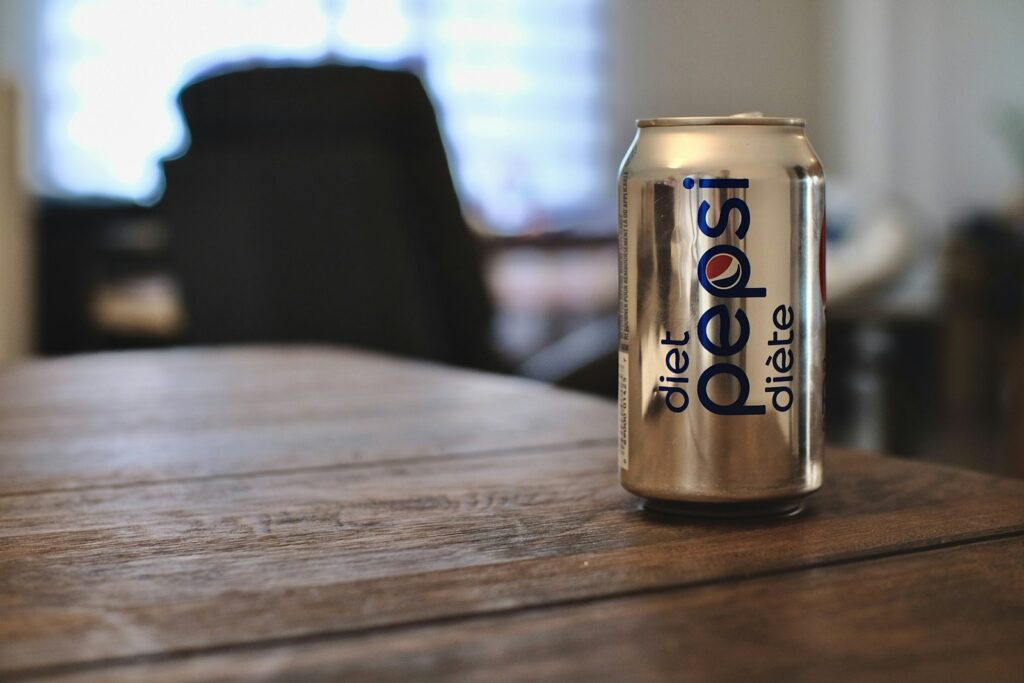
Many people switch to diet sodas, thinking they’re healthier than regular ones, but the artificial sweeteners used in them can seriously disturb your gut microbiome. Ingredients like aspartame or sucralose don’t just pass through—they can actually change how your gut bacteria behave, leading to bloating, gas, or other digestive problems. So, while there’s no sugar, there’s still a price your gut may pay.
Almond Milk
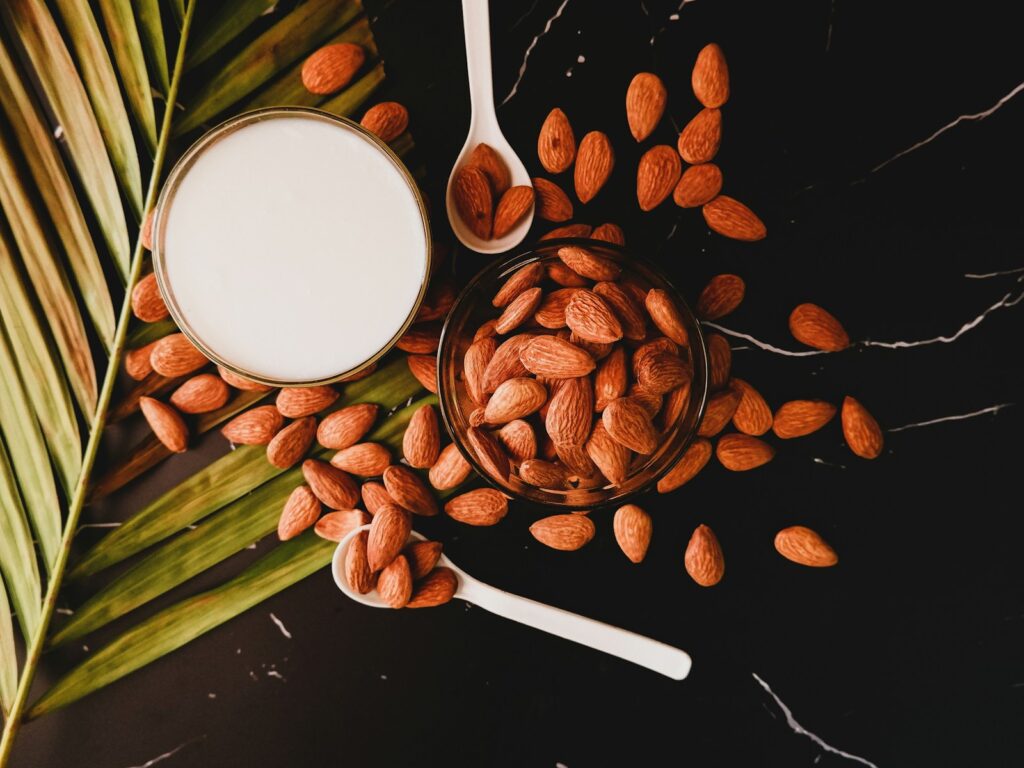
Almond milk is often seen as a cleaner dairy alternative, but many brands are loaded with gums, thickeners, and carrageenan—a common additive that can inflame the gut. If you’ve been drinking almond milk daily and dealing with stomach issues, those ingredients might be the reason. Always check the label because not all non-dairy milks are as gentle on digestion as they seem.
High-Fiber Cereal
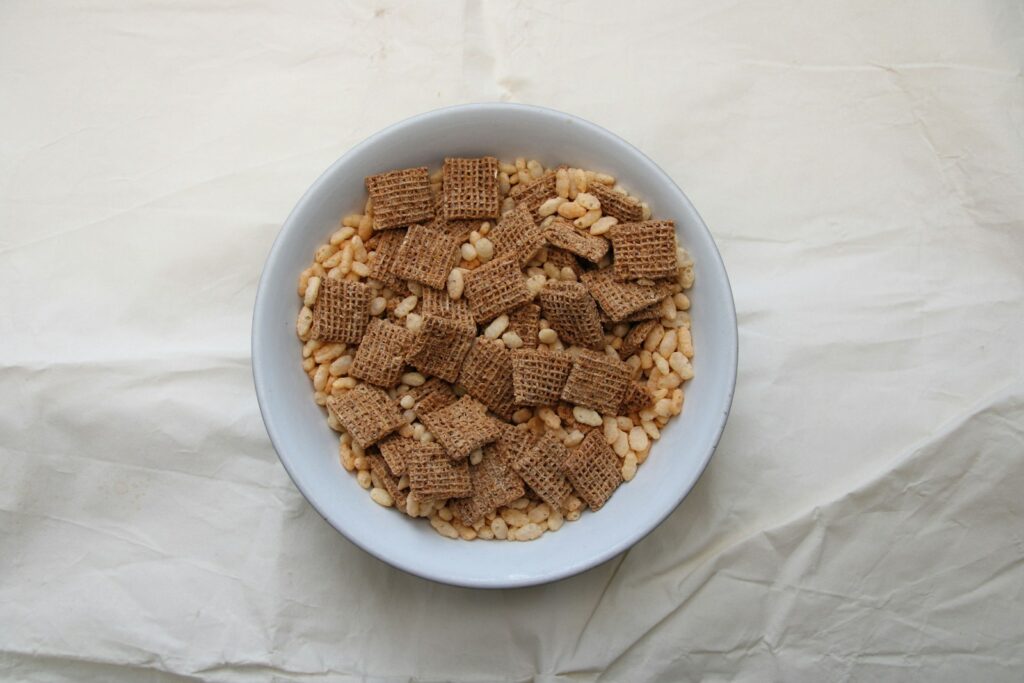
Fiber is good for digestion—but too much of the wrong kind, too fast, can do the opposite. Some high-fiber cereals use processed fibers that aren’t gentle on your gut, especially if you’re not used to eating a lot of them. They can cause bloating, gas, and irregularity instead of helping things move along. So, a “gut-healthy” cereal could backfire if your system isn’t ready for it.
Smoothies with Too Many Ingredients
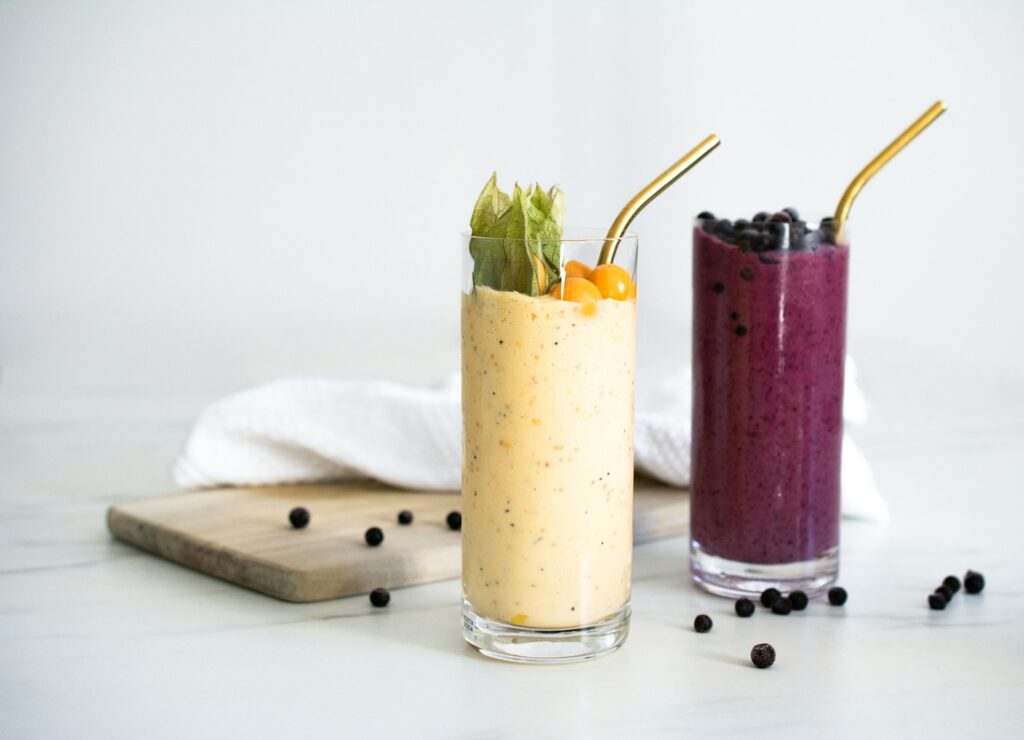
Smoothies feel healthy, but loading them up with fruits, protein powders, nut butters, and plant milk can overwhelm your digestive system. The fiber, sugar, and fat combo may be hard to break down all at once, especially when blended too fine. Drinking one too quickly or on an empty stomach can leave your gut feeling off for hours, even if all the ingredients sound nutritious.
Soy Products
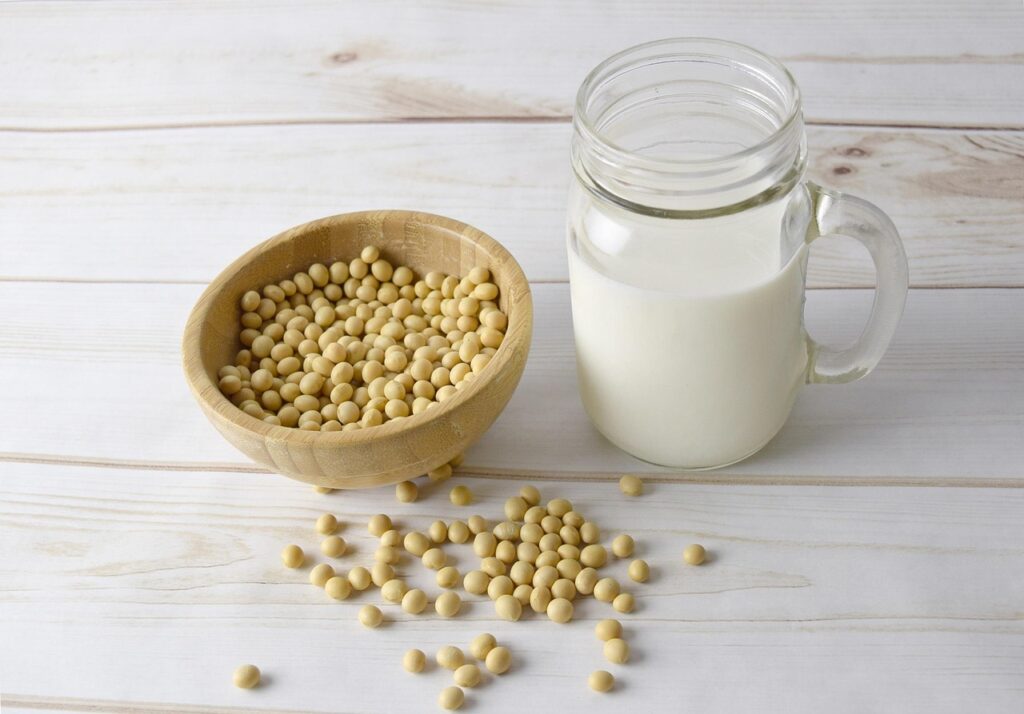
Soy is popular in plant-based diets, but too much of it—especially processed forms like soy protein isolate or textured soy—can irritate your gut. It’s one of the most common food sensitivities and can lead to inflammation or digestive discomfort in people who are sensitive. If you’re eating a lot of soy-based meat alternatives or soy milk, it could be affecting your gut without you noticing at first.
Vegan Cheese

Vegan cheese is marketed as a dairy-free solution, but it often relies on coconut oils, starches, and gums that are tough on digestion. Some of these ingredients can be heavy, greasy, or overly processed, making your gut work harder to handle them. It might look like a clean, animal-free food, but your gut might not agree once the bloating and gas show up.
Agave Syrup

Agave syrup seems like a natural alternative to sugar or honey, but it’s extremely high in fructose—a type of sugar that can be hard for your gut to digest. It may feed harmful gut bacteria and contribute to bloating or irregular digestion. Even though it’s labeled as a “low glycemic” sweetener, your digestive system can still suffer if you use it regularly.
Pre-Packaged Salads
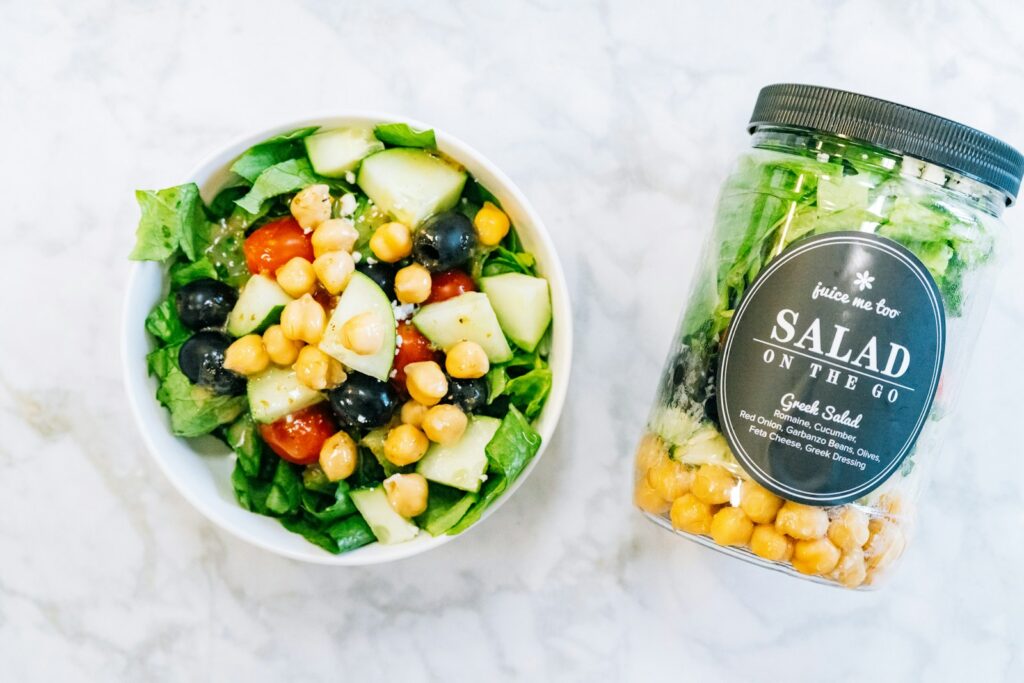
Grabbing a ready-made salad from the store might seem like the healthiest choice, but many come with dressings full of sugar, preservatives, and artificial flavors. Some even include processed meats or crunchy toppings that add no real nutrition but plenty of gut irritants. Your gut might not appreciate the sneaky additives hiding behind all those greens and veggies in what looks like a guilt-free meal.
Energy Drinks
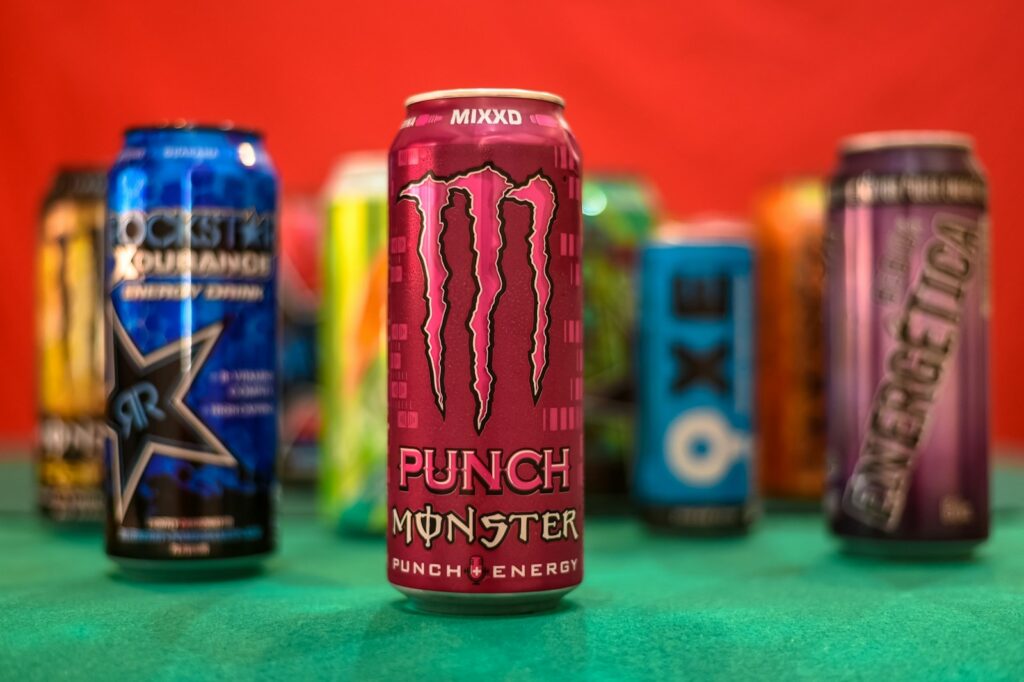
Even the so-called “clean” or natural energy drinks can contain sweeteners, caffeine, and herbal blends that overstimulate your system. Your gut can react by speeding up, slowing down, or becoming inflamed, depending on what’s inside. These drinks promise focus or energy, but the after-effects may include stomach cramps, nausea, or unexpected bathroom trips—making them a risky choice if you care about gut health.
Frozen Plant-Based Meals
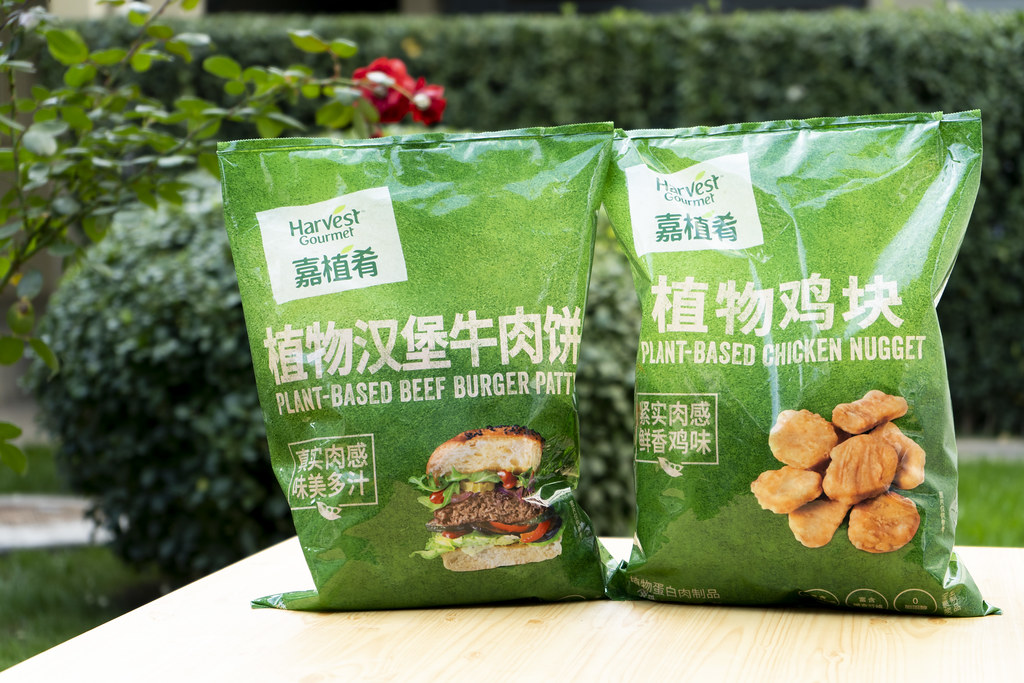
Frozen vegan or vegetarian meals are often marketed as healthy, but they’re usually high in sodium, oils, and stabilizers that your gut might not handle well. Some include soy, beans, and fiber-heavy grains all in one meal, which can overwhelm sensitive stomachs. Even though they’re meat-free, they can still lead to gas, bloating, or discomfort—especially if eaten often or without other fresh foods in your diet.
Leave a comment